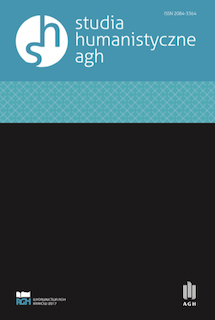PSYCHOSOCIAL AND ECONOMIC ASPECTS OF NESTING AS PERCEIVED BY ADULT CHILDREN LIVING WITH THEIR PARENTS
PSYCHOSOCIAL AND ECONOMIC ASPECTS OF NESTING AS PERCEIVED BY ADULT CHILDREN LIVING WITH THEIR PARENTS
Author(s): Mariola BieńkoSubject(s): Sociology
Published by: Wydawnictwa AGH
Keywords: adulthood; young adults; parents; nesting
Summary/Abstract: One of the developmental tasks of early adulthood is autonomy expressed through living outside one’s family home. This is being postponed increasingly often, and this process of deferment, called nesting (in this context: remaining in the original “nest”, rather than starting one’s own), is increasingly common among young adults aged between 18 and 34. Sociologists indicate a variety of transitions from youth to adulthood as a result ofthe fading of a strict interrelation between leaving the home and gaining economic independence and starting one’s own family. The aim of this article is to present qualitative study results based on 42 interviews with women and men, aged between 27 and 38, who live with their parents in Warsaw. This analysis is focused on showing the process ofnesting in the context of relationships between young adults and their parents. Studies show that “extension” of the youth phase is a result the subjects’ fear of lack of satisfactory financial prospects in adult life and what they perceive as their parents’ overprotectiveness.
Journal: Studia Humanistyczne AGH
- Issue Year: 17/2018
- Issue No: 4
- Page Range: 43-50
- Page Count: 8
- Language: English

